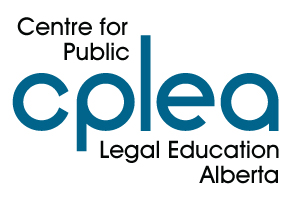The First Nations Information Connection is an initiative of the University of Alberta Libraries in collaboration with First Nations institutions and in partnership with Alberta Advanced Education and Technology, Sun Microsystems, OCLC, and Nexen Inc. It allows students and faculty in seven First Nations educational institutions to take full advantage of the Lois Hole Campus Alberta Digital Library. The FNIC also provides access to a collection of culturally significant web resources. Most resources are also accessible to the general public.
Alberta Resources
The purpose of the Legal Archives Society of Alberta is to preserve complete and accurate documentation and provide resources for research on the evaluation of law and society in Alberta.
Where did builders find the marble for the Legislature Building? How is an American state Legislature different from our provincial Legislature? What happens during a typical legislative session? This booklet is designed to address these and many other questions related to the history, traditions and procedures of the Legislative Assembly of Alberta. It also contains review questions and answers as well as a glossary of parliamentary terminology.
Together, they are known as the Famous 5—the women who struggled to have women declared "persons" so they could be appointed to the Canadian Senate. Individually, each was a prominent women's leader in her own right. The Famous 5 Heritage Edukit is based on the Nation Builders Teacher Resource Guide, produced by a senior Social Studies consultant on contract to the Famous 5 Foundation. Included are three lesson plans for both elementary and junior/senior high school students that address topics such as the Persons Case, Families and Communities and Citizenship.
Canada/Federal
This site is about the history of Canada through the words of the men and women who shaped the nation. Built around the Government Documents collection of the Early Canadiana Online collection, it integrates narrative text with links to primary source texts. The site has been designed for students and teachers of Canadian studies, history and law, but will also be useful to researchers and anyone else interested in Canada's past.
This Web exhibition recounts first-hand information illustrating the complex and often contentious relationship between the Canadian government and Canada's Aboriginal people from the late 1700s to the mid-20th century. There are three thematic sections with essays and selected documents about the Red and Black Series (Department of Indian and Northern Affairs' administrative records of Aboriginal people from 1872 to the 1950); Treaties, Surrenders and Agreements; and Aboriginal Soldiers in the First World War.
Building a Just Society is an eclectic Web exhibition created by Library and Archives Canada to mark the 25th aniversary of Canadian Constitution and Charter of Rights and Freedoms (adopted April 17, 1982). It is a historical collection of records (images, articles, books, etc.) about the governance and political culture in Canada, and the achievement of Canadian rights and freedoms.
The constitutional development of Canada is important in understanding how the political system has developed and why the challenges and opportunities of today have evolved. The process is ongoing and is vital in addressing the issues of regional alienation and the potential resolution of those tensions.
The Guide is meant to act as a resource for lawyers to learn about historical and cultural elements that provide context for the professional relationship between an Indigenous person and their lawyer. It also provides tools to help lawyers represent Indigenous clients as effectively as possible, and a number of resources to encourage lawyers to continue their education. The Advocates' Society, in partnership with the Indigenous Bar Association and the Law Society of Ontario, developed the guide.
One of the most famous cases in Canadian legal history--the Persons Case--was brought by five Alberta women--Emily Murphy (Herstory 1974), Nellie McClung (Herstory 1974), Irene Parlby (Herstory 1975), Henrietta Muir Edwards (Herstory 1976), and Louise McKinney (Herstory 1981). They asked the Supreme Court of Canada to declare that women were persons under the meaning of the British North America Act and therefore eligible to be appointed to the Senate.








Follow CPLEA